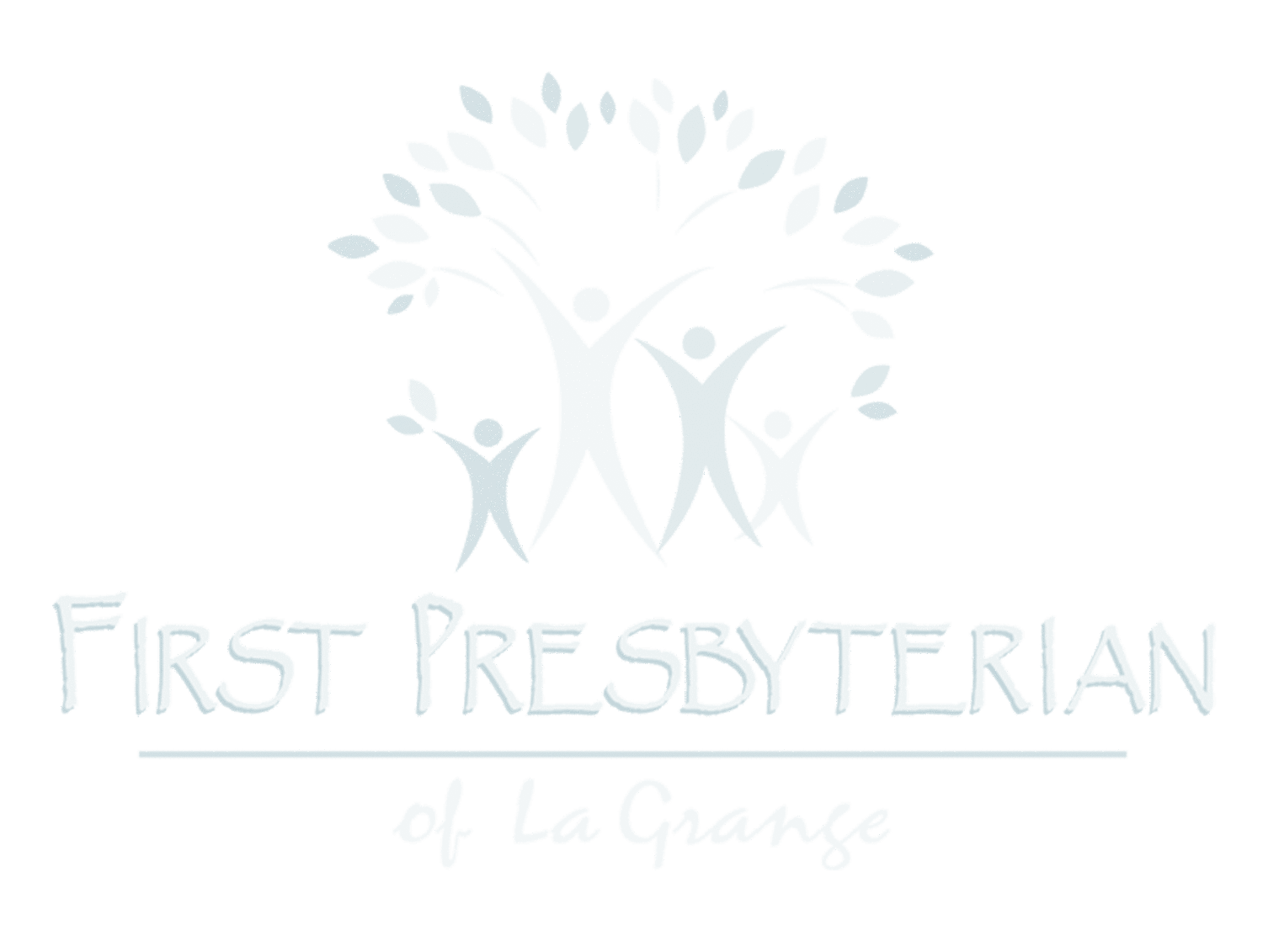Pastoral doggerel (inspired while walking the pastor’s dog):
The calendar flips again;
we pledge ourselves to be more thin,
to stop that thing that most annoys,
become the best of Illinois.
With resolve we start our year
to find a better self, it’s clear,
if only we were wiser, stronger,
patient, graceful, happy longer.
Resolutions point the way;
we’ll be real good ‘til Groundhog Day.
Dear Resolute,
Talking with a friend a few weeks ago, he told me he couldn’t wait for this year to be over. 2017 had included for him no shortage of disappointments and losses. He was convinced that a new year would bring serious improvement to his fortunes. There wasn’t anything new happening, but like an eraser clearing a chalkboard, January 1st held for him the illusion of new beginnings. As we parted, I remembered that one year ago he had said the same “good riddance” to 2016.
Often we envision the turning of the page on a calendar as giving us a “clean slate”. The hassles of the previous lessons no longer haunt our vision, and the pristine chart for outlining the future holds possibilities that our tomorrows may be different and, yes, better than our yesterdays. We plan to cancel the pains of our past, the mistakes of our youth, and pretend we can... we will… have better times, be better people.
Yet the flow of time seems to change little. Each day is new, but our world remains pretty much the same, and we remain unchanged people. Perhaps the difficulty isn’t in how we perceive the possibilities of the future, but in how we reflect on the past.
In Psalm 90 (a prayer of Moses), the psalmist says a curious thing:
Satisfy us in the morning with your unfailing love, that we may sing for joy and be glad all our days. Make us glad for as many days as you have afflicted us, for as many years as we have seen trouble. (verses 14 & 15)
Here the thread to happiness isn’t a disregard of the past, but a recognition of joy in the present. If we are capable of any gladness now, then our past, no matter how difficult or sorrowful, made that gladness possible. The way to redeem the past is to live joyfully in the present—with a joy that depends on an honest embrace of past afflictions and troubles.
When Isaac Watts set Psalm 90 to music, he used these words in stanza 7: “Time like an ever flowing stream bears all its sons away; they fly forgotten as a dream dies at the opening day.” Yet in that same hymn he could also write, “Under the shadow of Thy throne Thy saints have dwelt secure; sufficient is Thine arm alone, and our defense is sure.”
As we mark a New Year’s arrival, we might do well to remember God’s presence through the full flow of time. We have endured our past because God has been faithful through it, and we will be secure in the future because that same God accompanies us. If these facts define our understanding of time, then the present can know only (in the words of the Christmas carol) comfort and joy.
Trusting in each moment of the coming year, may you discover the comfort of God’s sustaining grace and the joy of knowing God’s unchanging presence.
Throughout the year, with love, I remain,
Jonathan B. Krogh
Your Pastor

